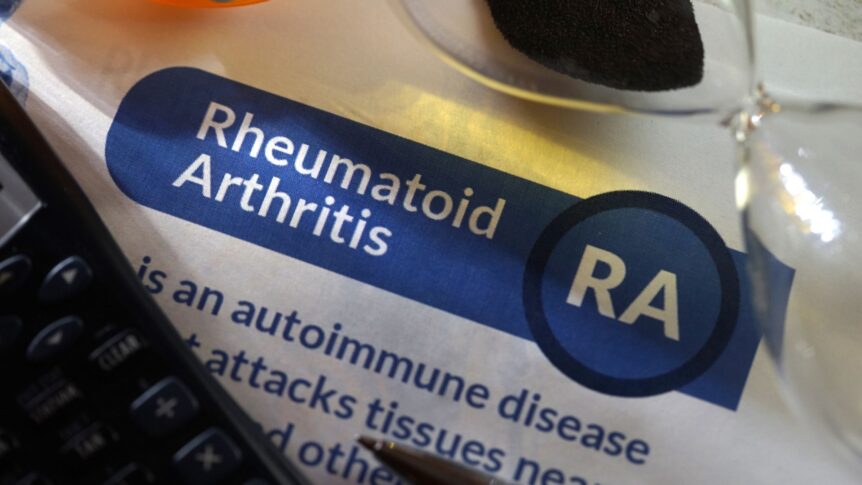The human body is a complex web of interconnected systems, with seemingly unrelated conditions that are intertwined in ways that even surprise medical researchers. One correlation exists between rheumatoid arthritis (RA) and celiac disease. While these two conditions primarily affect different parts of the body, studies suggest that there is more to their relationship than meets the eye. Let’s explore the connections, potential mechanisms, and implications for patients with these conditions.
Understanding Rheumatoid Arthritis and Celiac Disease
Rheumatoid arthritis is an autoimmune disease that targets the joints, leading to chronic inflammation, pain, and joint damage. Celiac disease, on the other hand, is triggered by the ingestion of gluten, a protein found in wheat, barley, and rye. Celiac affects the small intestine, leading to a range of gastrointestinal symptoms and malabsorption issues. At first glance, these conditions appear unrelated, but recent research observes a connection.
The Correlation
Multiple studies highlight a prevalence of celiac disease among patients with rheumatoid arthritis than in the general population. An article published in the Journal of Rheumatology found celiac disease in RA patients was significantly higher compared to controls. Similarly, a study in the World Journal of Gastroenterology discovered a higher number people with celiac disease also had RA. These findings suggest a shared genetic predisposition or common immune system dysfunction could be driving the correlation.
Shared Genetic Predisposition and Immune System Link
Both rheumatoid arthritis and celiac disease have a genetic component. There are genetic markers associated with susceptibility to autoimmune diseases that appear in both conditions. The HLA-DQ gene variants, for instance, show in both RA and celiac disease patients. This suggests that a shared genetic predisposition might contribute to the development of both conditions for some individuals.
In addition, the immune system’s involvement in both diseases provides another avenue for correlation. In celiac disease, the immune response is triggered by the consumption of gluten, leading to an inflammatory reaction in the gut. Similarly, in rheumatoid arthritis, the immune system attacks the synovial tissues in the joints, causing inflammation and damage. This underlying immune system dysfunction provides the link between the two conditions.
Implications for Patients
Understanding the potential correlation between RA and celiac disease has important implications for patients and healthcare providers. Rheumatologists and gastroenterologists must be aware of the connection so that they can better diagnose and manage these conditions. Patients with one autoimmune disorder should be screened for the other, especially if they present with symptoms that are indicative of either condition.
Furthermore, this correlation highlights the complex nature of autoimmune disorders. It underscores the importance of a holistic approach to patient care, considering the possibility of multiple coexisting conditions. It is benificial for healthcare providers to work collaboratively to address the diverse needs of patients with overlapping conditions. Providing comprehensive treatment plans that address all aspects of the patients health are top priority.
Summary
The correlation between rheumatoid arthritis and celiac disease might not be immediately apparent, but the mounting evidence suggests a link driven by shared genetic factors and immune system dysfunction. While further research is required to fully understand the underlying mechanisms, this connection sheds light on the intricate nature of autoimmune diseases. As medical knowledge advances, a deeper understanding of these correlations will lead to more effective diagnostic strategies and treatment approaches. These strategies will improve the quality of life for individuals living with these conditions.
You might also find our blog Who Does Celiac Affect interesting.

